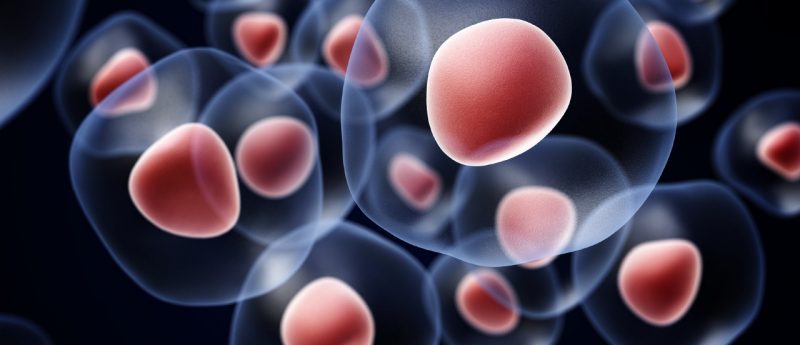Transcriptional and epigenetic mechanisms of cellular reprogramming to induced pluripotency

This Epigenomics Review presents the understanding to date on the transcriptional and epigenetic regulators initiating pluripotency, and discusses how variability in epigenetic states impacts iPSCs’ inherent biological properties. By Mark van den Hurk, Gunter Kenis, Cedric Bardy et al. from Maastricht University (The Netherlands) and the Salk Institute for Biological Studies (La Jolla, CA, USA).
Although we can induce adult human cells into a pluripotent state for potential application in cell therapy and regenerative medicine, the reprogramming process is inefficient owing developmentally imposed epigenetic barriers.
This Epigenomics Review by Mark van den Hurk, Gunter Kenis, Cedric Bardy, Daniel L van den Hove, Fred H Gage, Harry W Steinbusch and Bart P Rutten from Maastricht University (The Netherlands) and the Salk Institute for Biological Studies (La Jolla, CA, USA) looks at the existing knowledge on the transcriptional and epigenetic regulation of pluripotency induction, discusses how variability in epigenetic states impacts iPSCs’ inherent biological properties and concludes that parallel profiling of single-cell methylomes and transcriptomes will be a useful tool to better understand the heterogeneity of iPSCs.
van den Hurk M , Kenis G, Bardy C, van den Hove DL, Gage FH, Steinbusch HW, Rutten BP. Transcriptional and epigenetic mechanisms of cellular reprogramming to induced pluripotency. Epigenomics 8(8), 1131—1149 (2016).